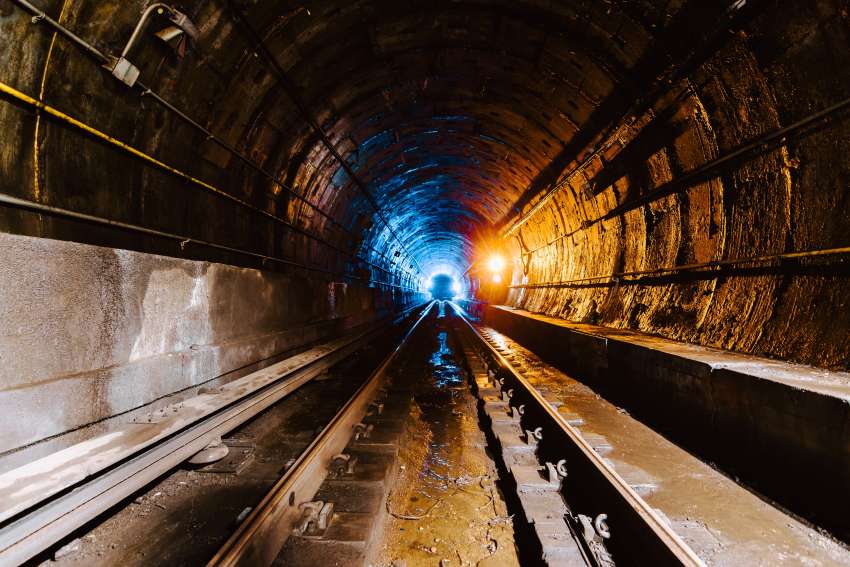On the afternoon of July 30, 2025, a significant fire erupted within a Dallas Area Rapid Transit (DART) tunnel near the Pearl Arts District station, causing an immediate suspension of rail services throughout downtown Dallas. This unforeseen incident quickly transformed into a critical concern for both daily commuters and the city’s vibrant tourism sector, raising questions about the broader economic repercussions and visitor experience in the metropolitan hub.
The blaze, which began around 3:30 p.m., originated from an issue with a DART train’s pantograph, the mechanism connecting it to overhead power lines. This technical malfunction sparked a fire as the train exited a tunnel near the busy intersection of Ross Avenue and North Central Expressway. Despite the alarming situation, all approximately 40 passengers on board were safely evacuated, though six individuals required hospitalization for minor injuries and smoke-related issues, underscoring the immediate health and safety challenges posed by the incident.
Dallas Fire-Rescue units responded with impressive speed, effectively containing the fire, which is believed to have been accidental but remains under thorough investigation. In parallel, DART swiftly deployed shuttle buses to key locations, including Victory, EBJ/Union, and West End stations, ensuring that stranded passengers had alternative transport options to navigate around the disrupted routes, highlighting the city’s emergency preparedness.
As a major tourism hub, Dallas relies heavily on its efficient public transit, with the Pearl/Arts District station serving as a vital link for accessing premier attractions like the Sixth Floor Museum and the Dallas World Aquarium. The Downtown Dallas rail disruption significantly hampered tourists’ ability to freely explore the city, leading to frustration and impacting their overall visitor experience during what is typically a peak summer travel season, thereby directly affecting the Dallas tourism impact.
Beyond the immediate disruption to visitors, the economic effects of the service suspension extended deeply into the local economy affected. Businesses in thriving areas such as the West End and Victory Park, heavily dependent on the consistent flow of commuters and tourists facilitated by the DART system, reported sharp declines in foot traffic and sales. Restaurants, cafes, and retail shops, particularly those relying on lunchtime and evening crowds, felt the brunt of the transit challenges, illustrating the interconnectedness of infrastructure and commerce.
In response to the economic strain, both the City of Dallas and the Dallas Chamber of Commerce proactively encouraged residents and visitors to bolster local businesses during this recovery period. Many establishments have since adapted by promoting shuttle services and introducing incentives aimed at drawing customers back, demonstrating a collective effort to mitigate the financial fallout and support community resilience.
DART has committed to a comprehensive investigation into the fire’s origin and a rigorous review of its public transit safety protocols, aiming to implement additional measures that enhance system reliability and minimize future risks. The agency is also focusing on vastly improving communication channels with passengers during disruptions, ensuring timely updates on delays, cancellations, and alternative travel solutions, a crucial step for rebuilding public trust and confidence in Dallas infrastructure.
The DART tunnel fire, while swiftly contained, undeniably exposed vulnerabilities within the city’s transit infrastructure, serving as a stark reminder of the critical importance of robust emergency response planning. It underscores the ongoing need for sustained investment in urban transit systems to ensure Dallas remains resilient against unforeseen challenges and continues to meet the growing demands of both its commuter and tourist populations.
Ultimately, the collective efforts of Dallas public transit authorities and local businesses are pivotal in navigating the aftermath of this significant disruption. The city’s capacity for recovery and its inherent adaptability will largely dictate the speed at which normalcy returns, reinforcing the fundamental role of community support in overcoming such obstacles and ensuring Dallas swiftly gets back on track as a welcoming destination for all.





Leave a Reply